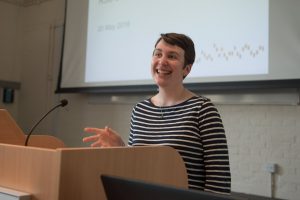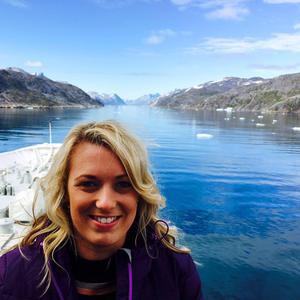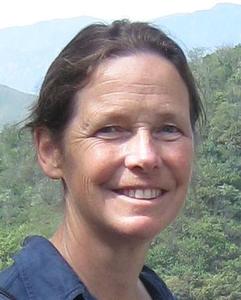Florence Nightingale Day 2019
Thursday 10th January, 9:30-15:30, Lancaster University Management School Lecture Theatre 1
Provisional Timetable
- 09.30-10.00: Registration
- 10.00-10.50: Introduction and talk by Dr Rhian Davies (Digitalrail, Lancaster University), The data detective
- Humans are notoriously bad at dealing with randomness and probabilities - we ignore the obvious and see patterns in the ordinary. As a statistician, it's Rhian's job to decide whether differences in data are due to chance or a real underlying cause. Rhian will tell stories of real projects she has worked on from predicting your personality to analysing your deodorant and discuss the pitfalls that we as humans often struggle with when it comes to randomness.
- 10.50-11.10: Refreshments
- 11.10-12.20: Maths quiz!
- 12.20-13.00: Lunch
- 13.00-13.45: Talk by Dr Stephanie Yardley (University of St Andrews), Our Explosive Sun
- The proximity of our Sun provides us with a unique opportunity to study its evolution in spectacular detail. We usually describe The Sun as an ordinary star. However, this giant ball of hot plasma possesses a strong magnetic field and regularly throws out massive eruptions, which race across the Solar System and significantly impact the Earth. These eruptions can not only cause dazzling displays of aurora but are also responsible for hazardous space weather conditions at Earth. In this talk, I will summarise our current understanding of the sun, including the active and dynamic nature of the solar atmosphere, and the many problems that remain unsolved despite the wealth of high-resolution data available from ground-based and space-borne telescopes.
- 13.45-14.00: Results and prizes of the maths quiz, break
- 14.00-14.45: Dr Isobel Falconer (University of St Andrews), Women in the History of Mathematics - Known and Unknown
- Women have always done mathematics - perhaps not so many as men - but we don't always hear about them, and when we do their accomplishments are often played down. My talk traces several female mathematicians from antiquity to the 21st-century; some are well-known; some are very obscure. I consider what they did mathematically, what enabled them to succeed, and why we do or do not know about them today.
- 14.45-15.00: Closing comments, thank you gifts and feedback
- 15.00-15.30: Maths ramble (information stands and informal discussions)




